Music writer Andrew McMillen on his acoustic guitar
How Andrew McMillen re-discovered his first love after years of playing the field.
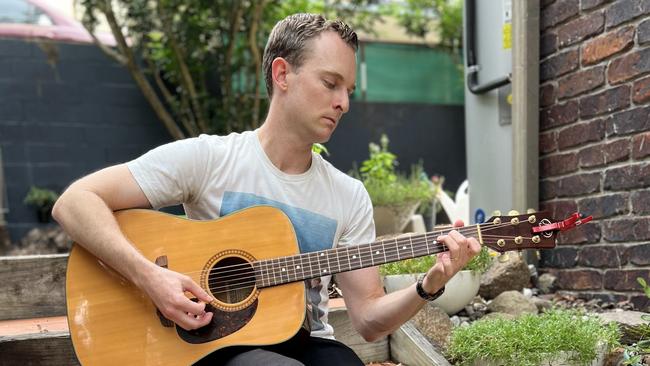
My first love is a puzzle that has occupied me for more than half of my life. It contains all of the greatest pop songs so far written, and those yet undiscovered. All that’s required is for me to find the right notes and play them in the right order.
I got my first guitar for my 16th birthday; a gift from my parents bought from a music store in Bundaberg. It was accompanied by one-on-one lessons with a teacher in my hometown, and while the lessons didn’t stick, the instrument did. Eighteen years later, it sits within arm’s reach as I write this in my home office.
Other than my family and my best friend, it is my longest and strongest companion in life. It has travelled with me from my hometown to the Queensland capital, where it has occupied a multitude of share house situations. It’s been heard at many camping trips, strummed by myself and others into the small hours in firelit circles. Its wood and metal followed me through the pandemic and out the other side.
FIRST LOVES
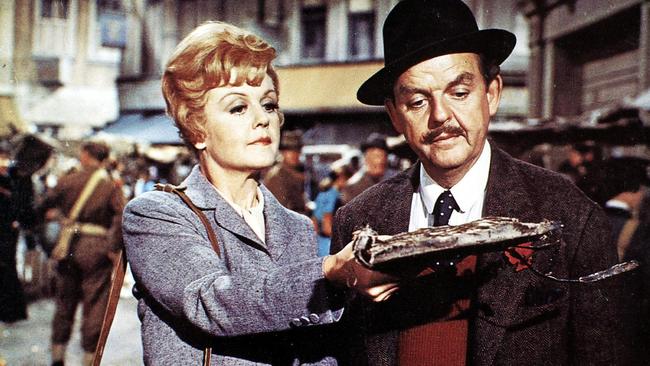
Good Angela, Bad Angela: no mystery who stole my heart
Whether she was a witch, a detective, a murderer or the mother from hell, Angela Lansbury captivated in all her roles.

Besotted and bespotted – a life enlivened by leopard print
Jenna Clarke plunged into the world and ethos of her adored, feisty (and possibly feline) grandmother.

How I fell head over heels – and heels over head – in love
Concussion, a busted wrist, broken foot, black eyes: nothing could deter Tim Douglas from pursing his first, one-wheeled love.

Country life made the new world home
During two years in Wee Waa, Rosemary Neill at last started to feel she was having a truly Australian childhood.

My heart was racing with love for a Bambina
She’s never loved a car as much since: Helen Trinca’s Fiat 500 was sheer chic and gave her the freedom she craved.
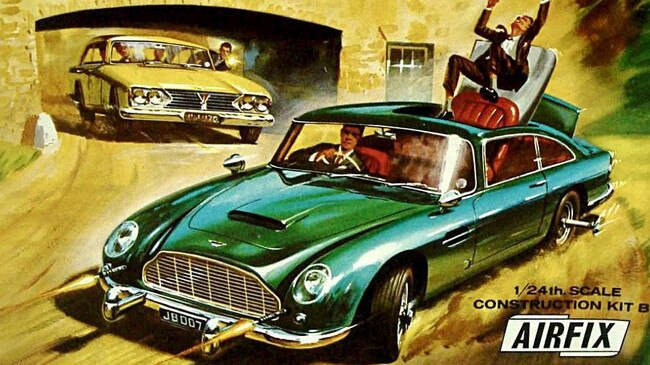
Life in plastic perfect for a model child
A childhood on the move meant frequent changes of locale and school, but the fascination with Airfix models was unchanging.
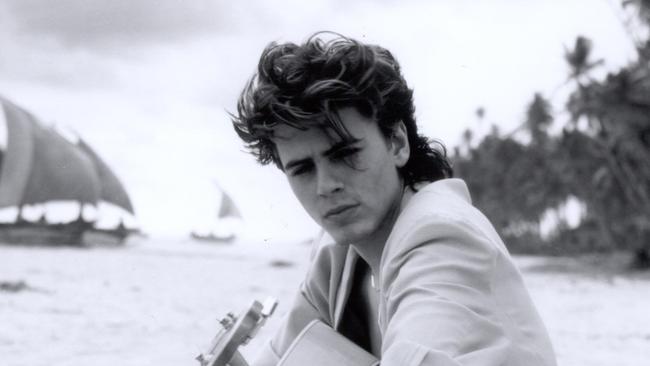
Dear John, sorry may not wash … but I do feel bad
A real-life encounter with a teenage fantasy crush was doomed to crash and burn.
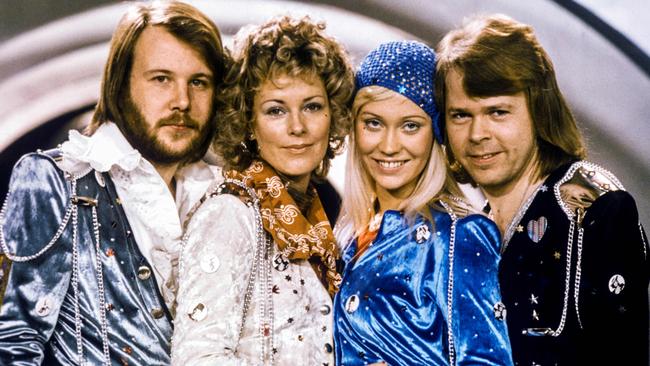
Mamma mia! Thank you for the music, Molly
ABBA’s arrival in mid-70s Australia was greeted with great excitement by the youngest of the Meagher boys.
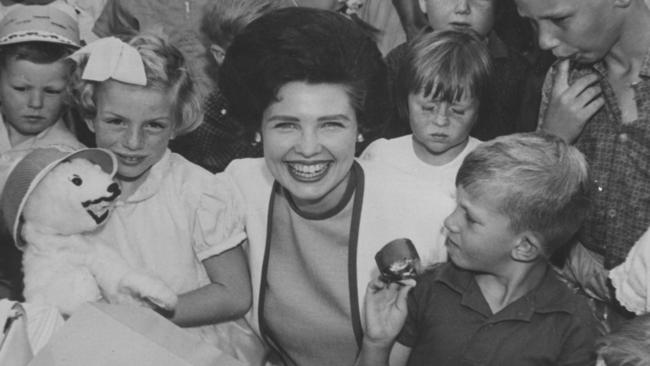
Blissful age when the girl next door was truly mine
Tom Dusevic and his first love bonded over toys, books, tea parties and Romper Room and shared a roof, but not a bed.
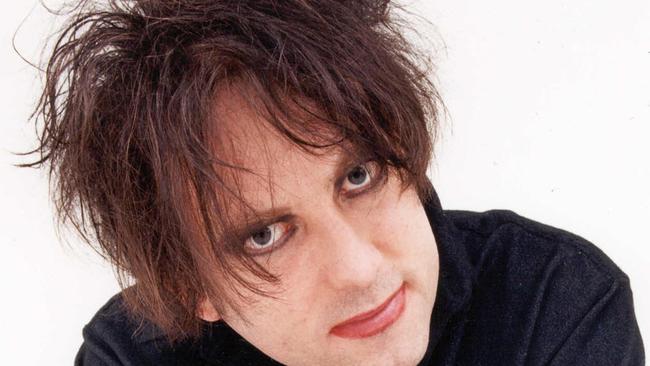
If music be the food of teen romance …
Geordie Gray was shy, but who needs Cupid when you have MSN Messenger on your side in pursuing love?
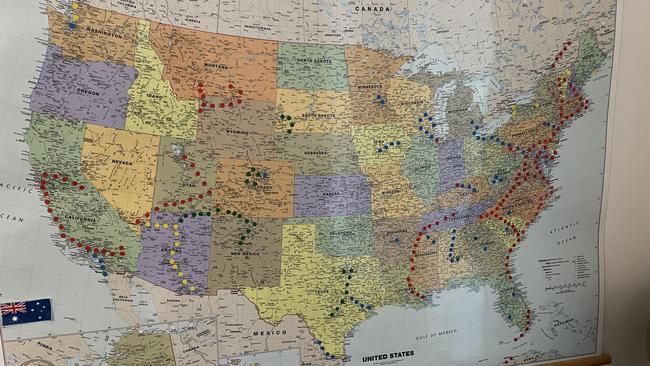
How I discovered just what lies under Minnesota
Laid up in bed, Cameron Stewart’s bored gaze fell upon the America wall map, and stuck. Decades later he is still looking.
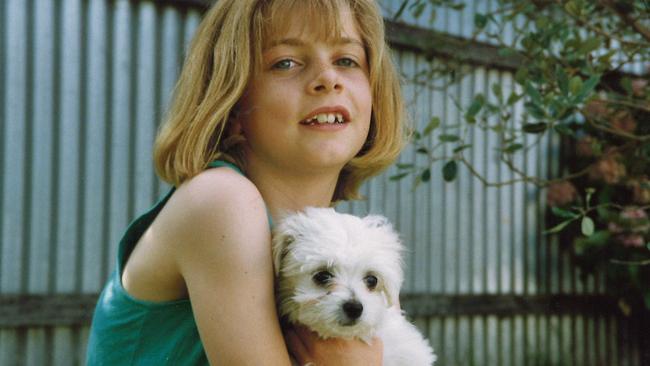
Rustling up true love
After cooking her way through childhood, school and university Bridget Cormack has found a love who shares her passion.
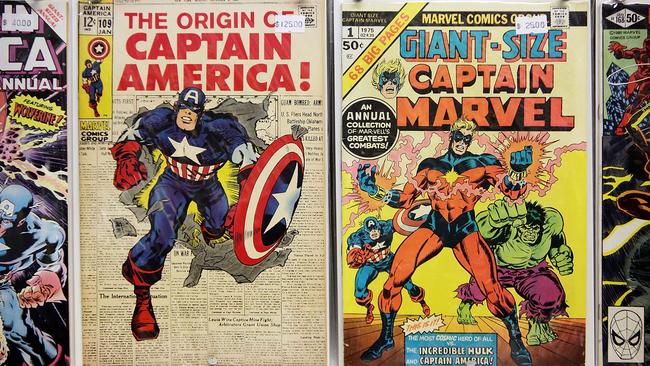
X-Men, Dr Strange, Wanda et al made me marvel at their marvellousness
In a world where TV was still monochrome, the vibrant colours of Marvel comics were almost as arresting as the heroes portrayed.
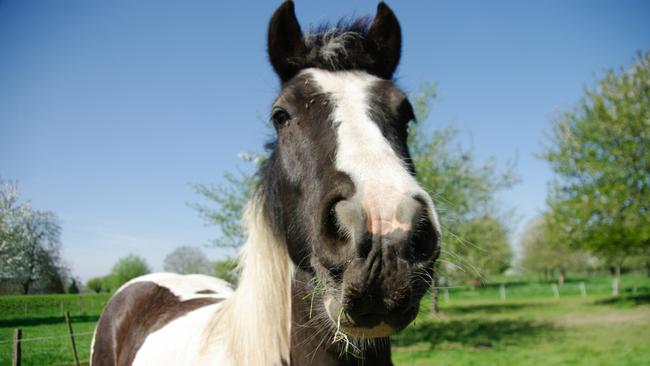
Pony tale full of feeling, captured at a gallop
An illicit equine affair kindled a passion for horses, but precipitated a painful family drama when all was at last revealed.
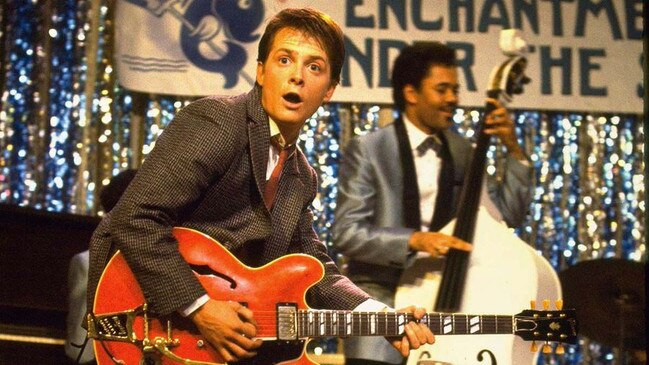
My first love was time-travelling Marty McFly
Trent Dalton leads our new series, in which our writers recall the poignant and funny moments of their early passions.
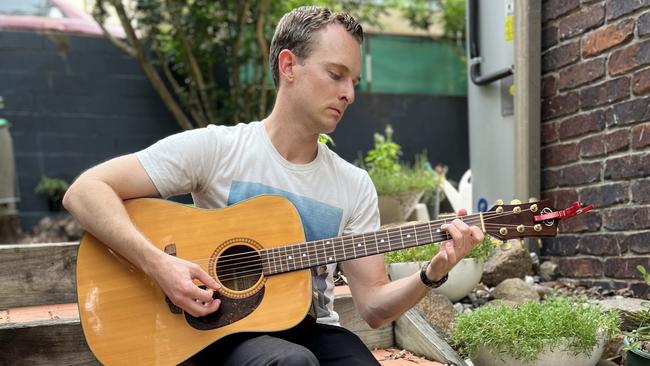
An old friend of note who waits faithfully for me
How Andrew McMillen re-discovered his first love after years of playing the field.
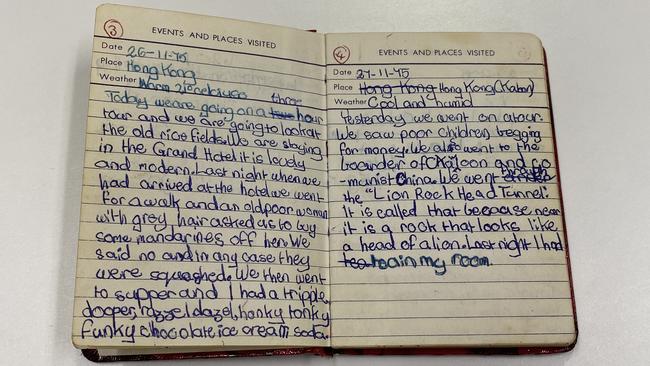
First-time flyer on long-distance date with destiny
Two kids left with their families on their first overseas flights, in the 1970s. Both wrote diaries, recording their excitement. What happened next?
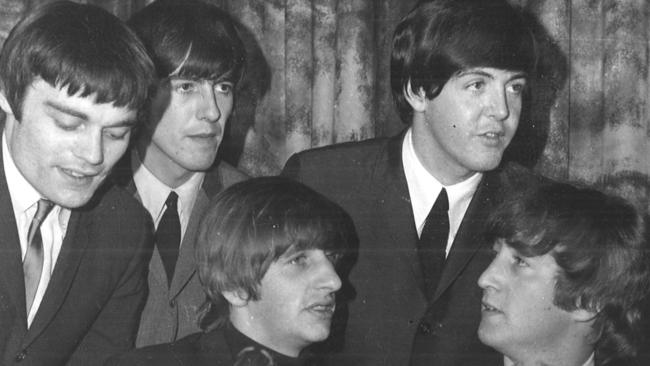
Crystal set radio was my ticket to ride
For a Melbourne-based boy who couldn’t wait to embrace the new 60s music, a crystal set radio was the ticket to ride.
There’s nothing particularly special about it, but it’s special to me. The brand is one you’ve probably never heard of: J & D Luthiers, about which little information is available online other than that the company has been “crafting high-quality instruments since 1974”. Based on the durability of this acoustic guitar and the way it stays in tune across the years, I concur.
Soon after I got it in 2004, though, I bought an electric guitar and amplifier with money earned from my first job, washing dishes at Sizzler. The new, blue one quickly became my focus: the amp made it go louder, the strings hurt my fingers less while fretting, and I could use it to make noise that sounded much closer to the heavy metal music that obsessed me at that time – particularly the band Tool, another first love that endures.
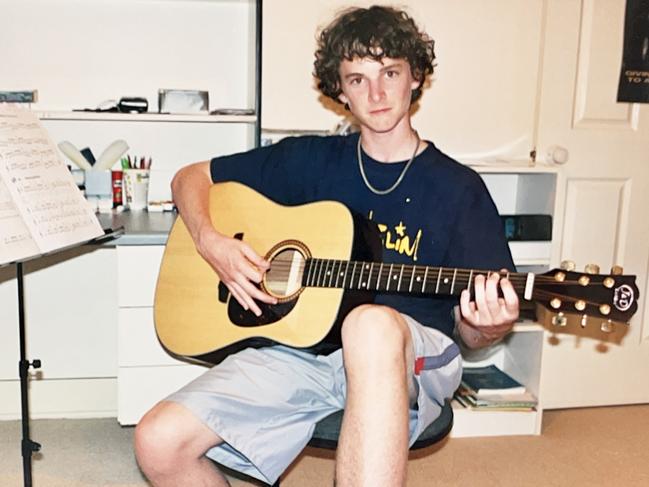
In recent years, though, the electric blue has stayed locked in a storage case that’s rarely opened. The loud, distorted tones I sought as a teenager are less welcome in my life today, particularly since becoming a father in 2019. Babies don’t care much for palm-muted, detuned riffs played at bone-shaking volume; come to think of it, nor do wives or neighbours.
During this time, the acoustic guitar has quietly re-entered my life and re-established its presence. As a music writer for this newspaper for the past five years, it’s my great joy to talk to musicians regularly, and I’ve found that my first love has become something of a tool of the trade to assist with my understanding of how music works. Here’s an example.
While thinking about writing this article, I heard an episode of the Broken Record podcast where Red Hot Chili Peppers guitarist John Frusciante unpacked a few of the classic songs he’d written with the US rock band. With an acoustic guitar in hand and his producer-friend Rick Rubin asking questions, Frusciante began talking about Otherside.
It’s a single from the band’s mega-selling 1999 album Californication, and with more than 700 million streams on Spotify alone, there’s a good chance you’ve heard it; perhaps its opening instrumental figure and melody began curling through your mind as soon as you read the song name. “How long, how long will I slide? / Well, separate my side …”
To Rubin, Frusciante described its origin, and how he first brought a chord progression to Flea, the Chili Peppers’ bassist. Within minutes, the pair began an intuitive process whereby the guitarist removed notes from what he was playing while Flea added embellishments and improvisations on the original.
“To be able to do that on a guitar and a bass, it’s good to have an ‘invisible chord’ that you both know what it is, for that particular style,” he said to Rubin. “It makes you be able to sound connected, even though there’s no apparent reason to the listener why you should be connected, because you seem to be both doing different things – but you’re both thinking ‘A minor, F…’, or whatever it is.”
I love Otherside. It is my favourite RHCP song by a wide margin. As well as the powerful, dark beauty of its musical arrangement and Anthony Keidis’s evocative lyrics, Frusciante’s harmony vocals – interwoven in the final couple of choruses – are among the most pure and moving I’ve heard.
It is a perfect song, and I’ve long thought as much, but I had never been moved to try learning it on guitar – until I heard the songwriter play its chords solo, without his bandmates.
When I got home, I reached for my first love, found a credible online guitar tab, and was soon strumming along with Frusciante’s timeless chords, goosebumps tingling as I felt a new connection to the men who created this masterwork.
Those notes had been in the instrument all along; I just had to find them to solve the puzzle. Now that I’ve got them under my fingers, I’ll carry them with me, and perhaps that new glimmer of musical understanding will help me in my future writing work, about the Chili Peppers – who begin an Australian stadium tour on January 29 – or otherwise.
Or perhaps not; maybe it’ll be just for me, just as my guitar playing has been all along, for 18 years and counting.
Speaking with singer-songwriter Colin Hay in 2020 about the notion of mastering the instrument, he told me he was taking lessons from truefire.com.
“I just want to learn how to play the f..king guitar properly, and learn about turnarounds, and 2-5-1 [chord progressions], and sequences that I’ve always been intrigued by,” he said.
Then and now, I found his persistent desire to better himself inspiring. Having watched Hay perform live in Brisbane in November, I can confirm he’s a fiercely powerful player at 69, while he continues the lifelong quest for knowledge.
There’s something else Hay said that continues to ring in my ears like an invisible, endless chord: “Your guitar’s very patient,” he told me. “Whenever you’re ready to pick it up, it’ll be there for you.”
Andrew McMillen is national music writer at The Australian.


To join the conversation, please log in. Don't have an account? Register
Join the conversation, you are commenting as Logout